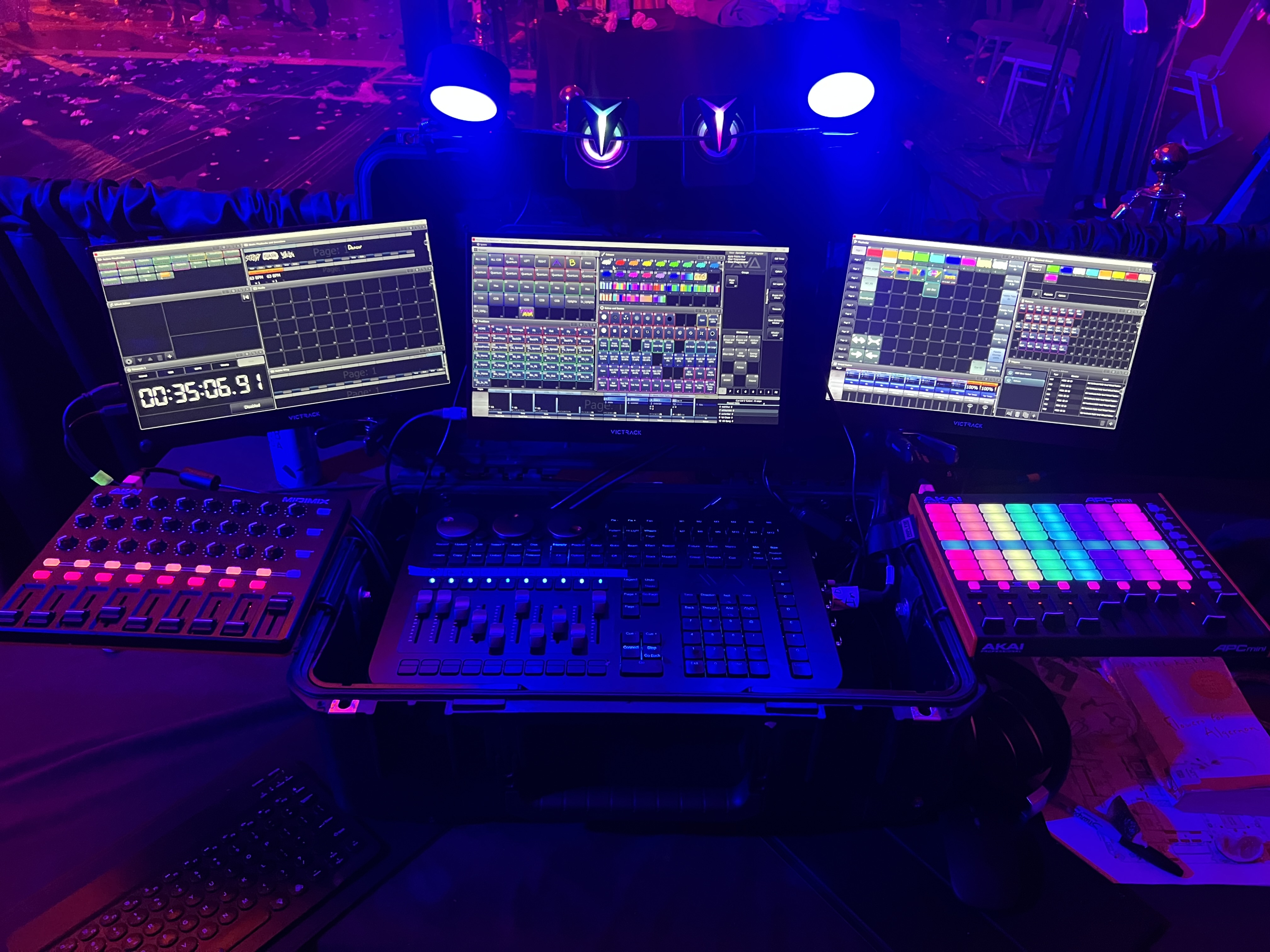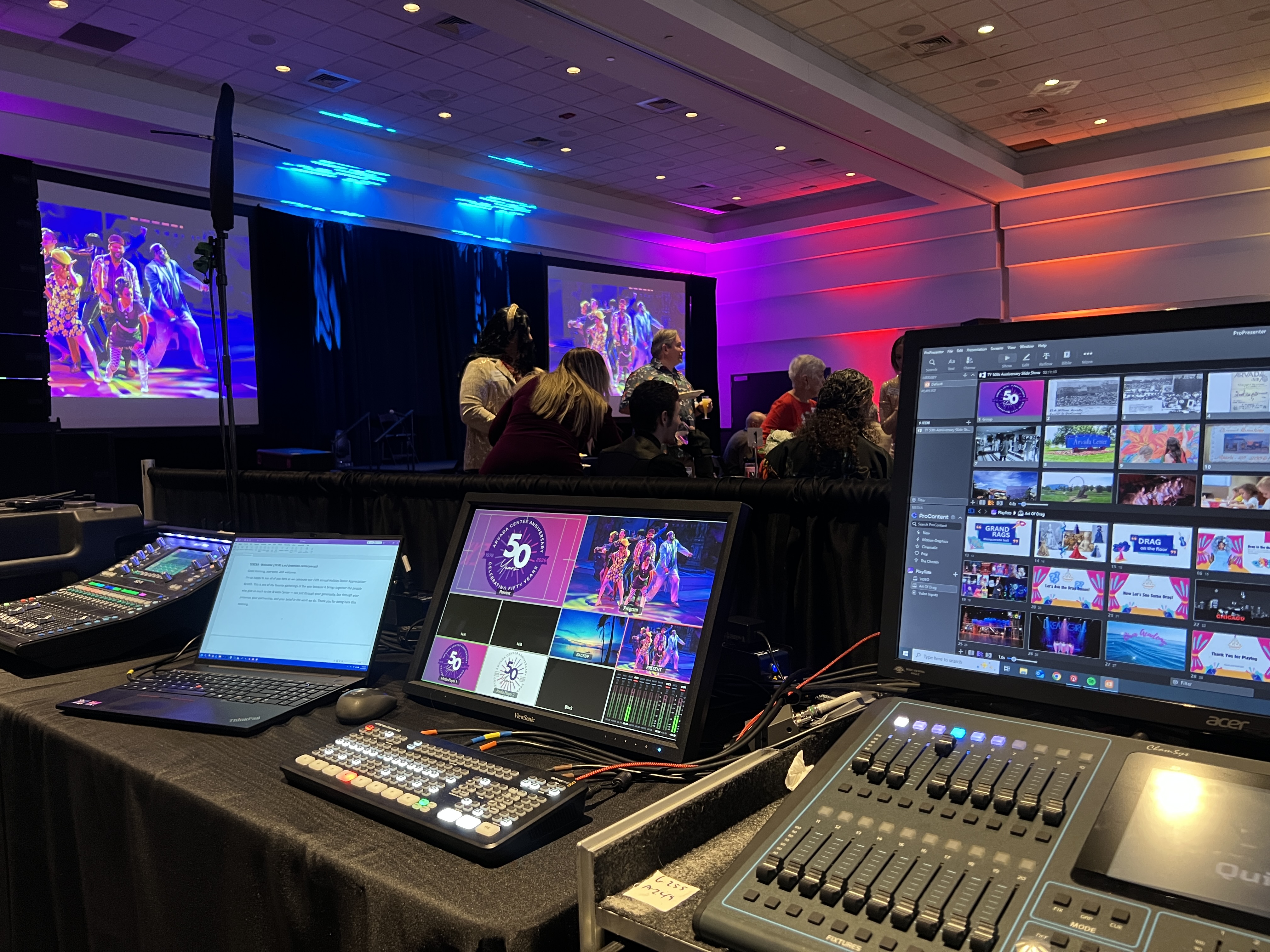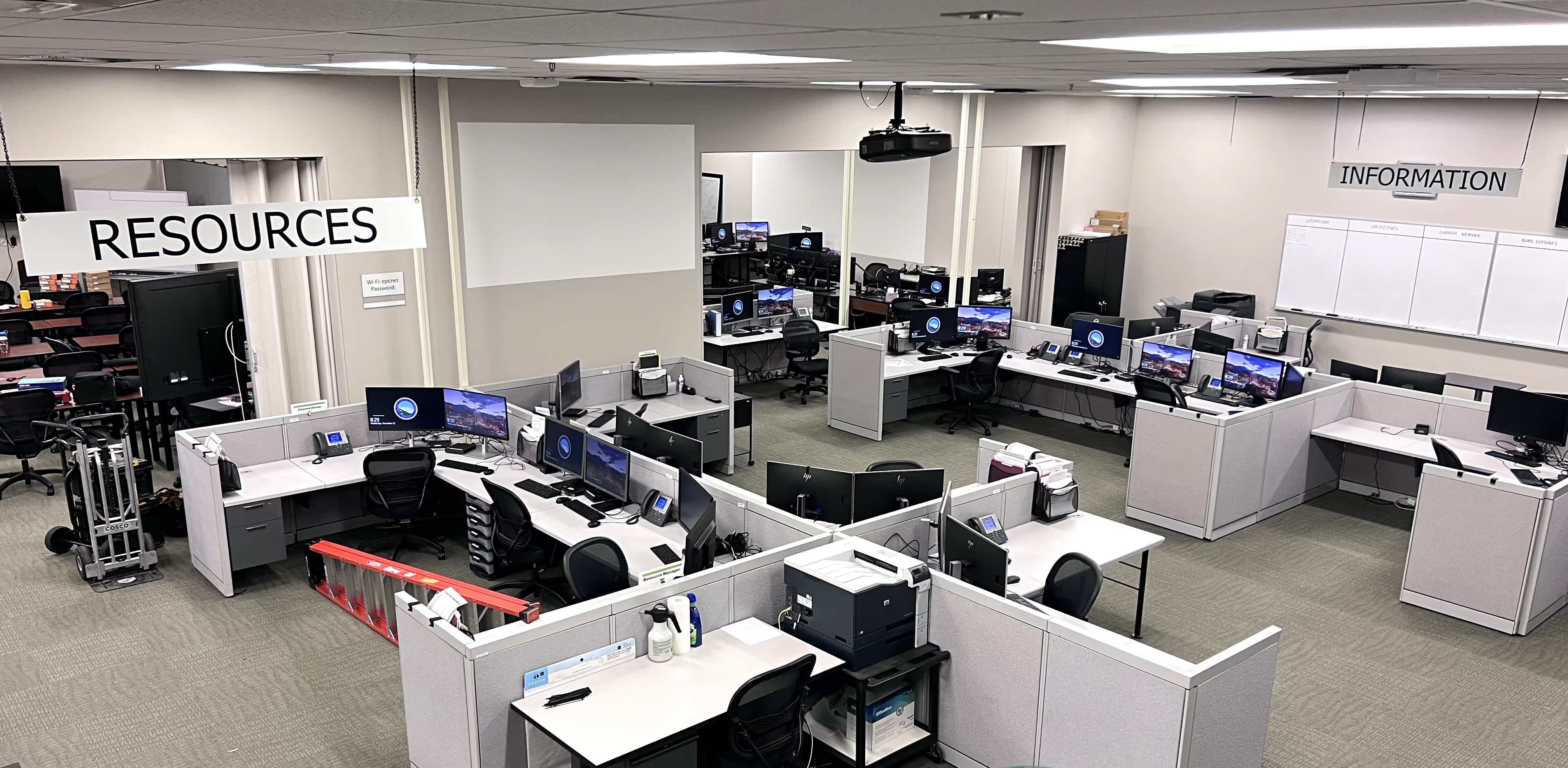Teching Up Events: Unveiling the Future of Event Technology

Introduction
In today's dynamic, tech-driven events industry, embracing innovative technologies is essential to enhancing attendee experiences, streamlining operations, and boosting engagement. Staying informed about emerging trends in event technology is crucial for event planners and organizers looking to stay ahead of the curve. From virtual and hybrid events to AI-powered solutions and interactive experiences, the rapid expansion of event technology is reshaping the industry.
Technology has become an integral part of our daily lives, constantly evolving and bringing people together. Similarly, event technology plays a vital role in planning, promoting, and hosting events. Discover the latest developments in this ever-evolving tech landscape and learn how to leverage them for your next event.
What is Event Technology?
Event technology refers to the use of digital tools and platforms to improve the planning and execution of events. It includes software, apps, and devices that enhance event management, engage attendees, and create interactive event experiences. From registration systems to mobile apps and virtual event platforms, event technology helps organizers streamline operations and create memorable events that drive results.
Modern event tech solutions encompass everything from attendee registration and ticketing platforms to live streaming services, mobile event apps, and immersive technologies such as AR and VR. These tools not only simplify the logistical aspects of event planning but also provide valuable data insights to measure success and ROI.
Event Technology Trends for 2026
Virtual and Hybrid Events: The Future of Event Formats
The recent rise of virtual and hybrid events has transformed the event industry, mainly due to the global pandemic. These new event formats provide unique opportunities for organizers and attendees alike. With advancements in virtual and hybrid event platforms, organizers can engage a wider audience, offer interactive experiences, and share valuable content digitally.
Virtual and hybrid events allow attendees to connect regardless of their location, enabling seamless participation from anywhere in the world. These platforms offer a variety of event formats, including virtual networking sessions, interactive trade shows, and live-streamed conferences, creating dynamic environments for attendees to connect, learn, and collaborate remotely.
Key benefits of virtual and hybrid events:
- Expanded global reach without geographical limitations
- Reduced costs for travel, venues, and accommodations
- Increased accessibility for diverse audiences
- Extended content lifespan through on-demand recordings
- Better data tracking and attendee analytics
The flexibility and accessibility of virtual and hybrid events are changing how events are conducted, providing new opportunities for engagement, learning, and networking in a digital setting. As we move into 2026, hybrid events continue to dominate, with organizations recognizing the value of offering both in-person and virtual attendance options.
Augmented and Virtual Reality Events: Immersive Experiences
Augmented Reality (AR) and Virtual Reality (VR) have revolutionized the event planning landscape, fundamentally changing the way events are experienced and executed. These cutting-edge technologies are not just trends; they are game-changers in the industry. Event planners are increasingly leveraging AR and VR to create immersive, engaging, and unforgettable experiences that captivate attendees and leave a lasting impact.
Imagine exploring a virtual car show booth from the comfort of your home, networking with professionals worldwide without traveling, or interacting with interactive AR exhibits at a trade show. These scenarios are not just concepts; they are real applications of AR and VR in event planning, transforming how events are conceptualized and executed to engage a wider audience.
Popular applications of AR and VR in events:
- Virtual venue tours and 360-degree previews
- Interactive product demonstrations and virtual showrooms
- Immersive brand activations and experiences
- Virtual networking lounges and meeting spaces
- Gamified experiences and interactive exhibits
AR and VR technology are elevating events to new heights, offering virtual experiences and interactive exhibits that immerse attendees in captivating environments. These technologies are reshaping event planning strategies, making events more accessible, interactive, and engaging for participants. In 2026, expect to see even more sophisticated AR and VR integrations as the technology becomes more affordable and user-friendly.
Enhance Event Engagement with Personalized Mobile Event Apps
Mobile event apps have transitioned from optional add-ons to essential tools for organizing successful events. These apps now serve as key facilitators for creating personalized, interactive, and engaging experiences for attendees.
Mobile apps offer a range of features that cater to individual preferences and enhance overall event satisfaction. Personalized agendas, real-time updates, interactive notifications, and integrated networking features are just a few ways mobile event apps elevate attendee engagement and create memorable event experiences.
Essential mobile event app features:
- Customizable personal agendas and schedules
- Real-time push notifications for updates and announcements
- Interactive maps and wayfinding for venue navigation
- Networking tools with attendee profiles and messaging
- Live polling, Q&A, and audience engagement features
- Social media integration for sharing and amplification
- Gamification elements to boost participation
Additionally, mobile event apps empower attendees to customize their event journey, stay informed about schedule changes, and seamlessly connect with other participants. By leveraging mobile technology, event organizers can deliver tailored experiences that captivate attendees and drive greater satisfaction. With over 90% of attendees preferring mobile apps for event navigation, having a robust mobile strategy is no longer optional in 2025.

Additional Event Technology Trends to Watch
AI-Powered Event Solutions: Artificial intelligence is streamlining event operations through automated scheduling, intelligent chatbots for attendee support, predictive analytics, and personalized content recommendations.
Live Streaming and On-Demand Content: High-quality streaming capabilities enable events to reach global audiences and deliver lasting value through recorded content available after the event concludes.
Event Analytics and Data Insights: Advanced analytics platforms help organizers track engagement, measure ROI, and make data-driven decisions for future events.
Sustainable Event Technology:Digital solutions such as paperless registration, virtual attendance options, and carbon-tracking tools help reduce the environmental impact of events.
Conclusion
As the events industry continues to evolve, embracing technological innovations and trends is essential for staying competitive and delivering exceptional event experiences. From virtual and hybrid events to AI-powered solutions and AR/VR technologies, the future of event technology holds immense potential to transform how events are planned, executed, and experienced.
By keeping a pulse on emerging trends and technologies, event organizers can unlock new opportunities, drive innovation, and create unforgettable experiences for attendees in the digital age. The key is to thoughtfully integrate technology that aligns with your event goals and enhances the attendee experience rather than complicating it.
At Equalized Production, we are committed to offering services that align with the evolving trends and advancements in the events industry, ensuring we deliver innovative, high-quality solutions that meet the changing needs of our clients and their audiences. Whether you need virtual event production, mobile app development, or immersive AR/VR experiences, our team has the expertise to bring your vision to life.
Ready to elevate your next event with cutting-edge technology?Contact Equalized Production today to learn how we can help you create engaging, memorable, and successful events.




